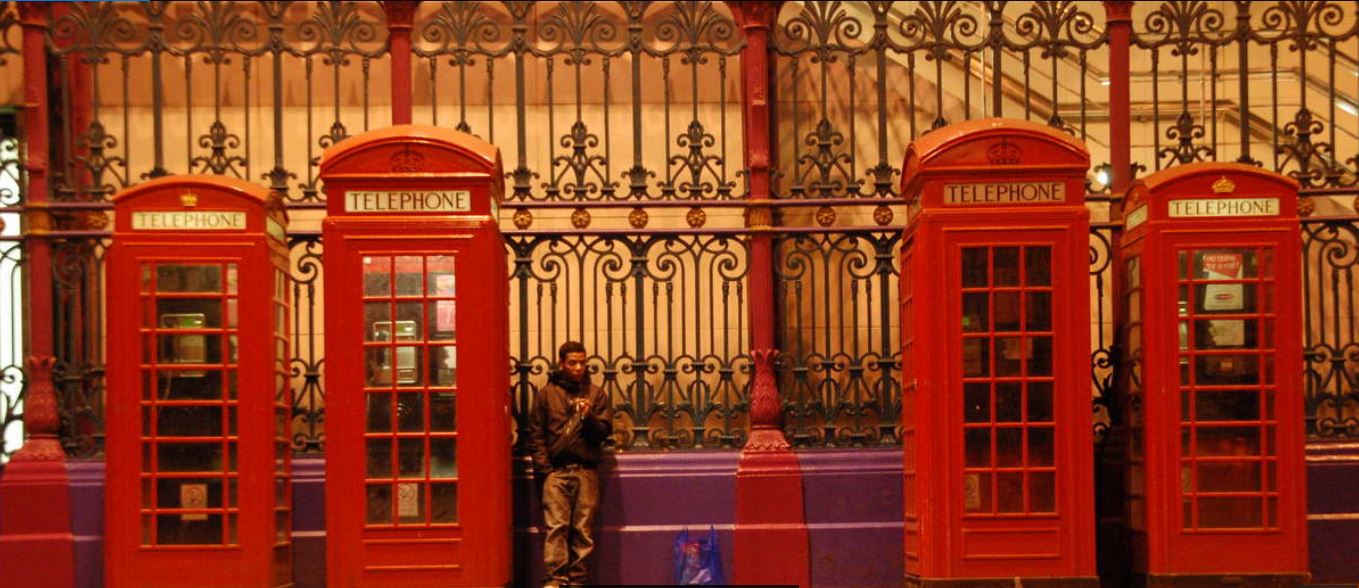Does Your Coaching Client Really Have All the Answers?


This week, a coaching student asked me about the old coaching cliche that the client has all the answers.
There are important reasons why effective coaches honor this principle and reasons why it's a coaching trap if you aren't careful with it.
Why is it a trap?
It becomes a trap when you treat it like a hard-fast rule. That violates the very nature of coaching, which is personal, customized, and flexible. Every coaching conversation and every client is unique and requires unique responses from the coach.
If you try to apply this rule to every coaching session, you and your client will sometimes get stumped and you won't know how to handle it. It's unfair to your client and to yourself to box yourself in with this belief.
How did it become a trap?
This phrase shows up in coaching books and training programs because, "The client has all the answers," is an attention-grabbing concept. It has often been used to distinguish coaching from consulting. But it is much too simplistic. Some coach-training schools still treat this as a rule rather than a guiding principle. They mislead coaches into thinking there is only one answer to the question, "Who has all the answers?"
Why is it important to honor this principle in your coaching?
There are several reasons. Here are the top three:
- When someone arrives at a realization or solution, themselves, they are far more likely to follow through on it. When you hand solutions to your clients you make it less likely they will do anything about them. As the fortune cookie says, "Ideas are like children. Everyone loves their own best."
- Another reason is that your client's strengths, values, experience, and skills are different from anyone else's and the solutions that work for them will also be different.
- Finally, when a client discovers that they usually have the answers within, it creates confidence and freedom from the constant need to hire experts to solve their problems. This feature has contributed to the mercurial growth of the coaching profession.
What's the alternative to, "The client has all the answers?"
Thomas Leonard treated this issue differently. He said, "The answer is somewhere," which is far more nuanced. He said it didn't matter whether the client has the answer, or whether the coach has the answer, or whether the answer was found outside the coaching session, as long as the client got the answer needed. I agree up to a point, but it really is true that people follow through on their own ideas more than those of others and without follow-through, clients usually can't succeed.
Here's an even more nuanced way to handle this:
If your brain, heart, or gut is telling you that "The client has all the answers," can't always be true, you're probably right AND it's still useful to approach your coaching from this perspective.
Ask yourself this: "If my client has all the answers, how can I help them find them?" You'll discover that asking open-ended questions which tend to begin with Who, What, When, etc... help your client gain awareness of themselves and their situations. Often this is all that's needed for them to discover the answers within. On the occasions when your client doesn't seem to have the answers, offer options, resources, and other helpful tools. But avoid telling them what to do. That just creates resistance and resistant clients are less likely to follow through to success.
Want to become a coach?
Learn what really works rather than rules that can become traps. The Certified Competent Coach Course is a great place to start. To learn more, click the button below or download the Become a Coach eBook here.



